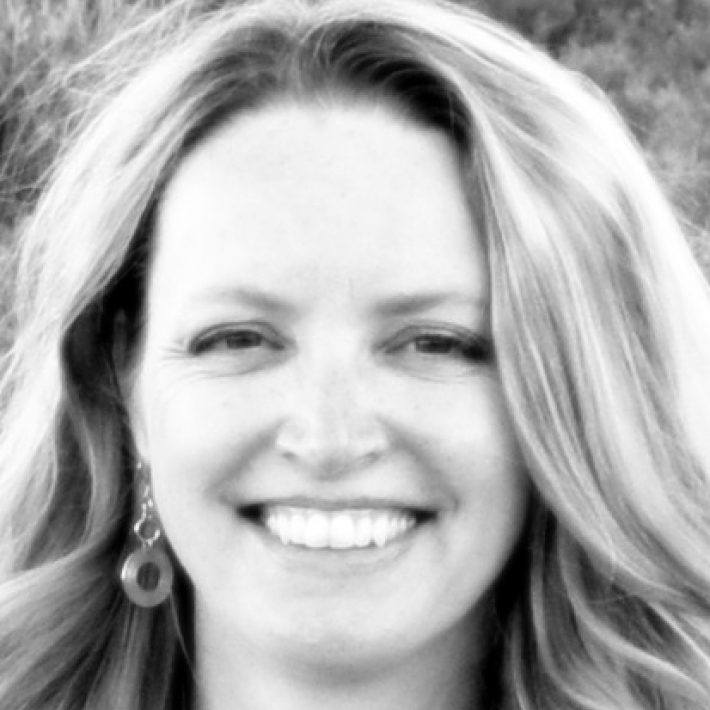The biggest challenge is ensuring that we secure funding for the work that we do, and it can be stressful to meet very tight funding application deadlines. Job security in the third sector is also a big concern. Another challenge is managing the expectations of funders, there are often tight deadlines for projects and shifting priorities and needs, so flexibility in remodelling projects and timescales is needed. A further challenge that I’ve come across is that people think that those who work in charities are unpaid volunteers! The third sector is very broad with different types of organisations within it and there are different funding models. Charities need to cover staff salaries, rent and rates, just like a commercial organisations; the difference is that charities do not aim to make a profit.
Despite all the challenges, or possibly because of them (!), I enjoy my job. There is great variety in the new and different areas of work, meeting people from different sectors and working on a wide range of topics. I find that working in the third sector I have more freedom in coming up with ideas and being creative, which suits my personality. I have an opportunity to plan out entirely new projects from scratch and lead them through to completion. It’s extremely "hands-on." We have quite a lot less bureaucracy than many other organisations, and the third sector environment is rewarding and supportive of career development and exploring new personal interests. What is particularly great within the third sector is that my colleagues and I have completely different backgrounds and different qualifications which are all useful in public health. My qualifications in human geography, international studies, human health, environmental studies, and information studies have all proven useful in our projects. I work with dieticians, statisticians, economists, psychologists, IT people, etc. All of them are part of our small team.
